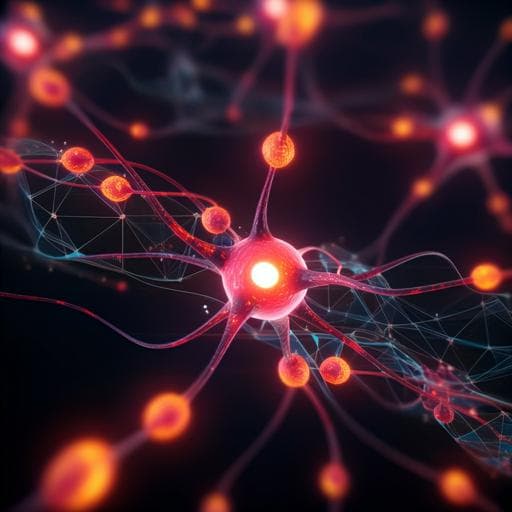
Biology
Fast, efficient, and accurate neuro-imaging denoising via supervised deep learning
S. Chaudhary, S. Moon, et al.
Discover how Shivesh Chaudhary, Sihoon Moon, and Hang Lu have developed NIDDL, a groundbreaking supervised deep-denoising method that enhances calcium trace quality while maintaining high imaging speed and low laser power. This innovative technique opens doors to faster and extended imaging experiments across various biological contexts.
~3 min • Beginner • English
Related Publications
Explore these studies to deepen your understanding of the subject.







